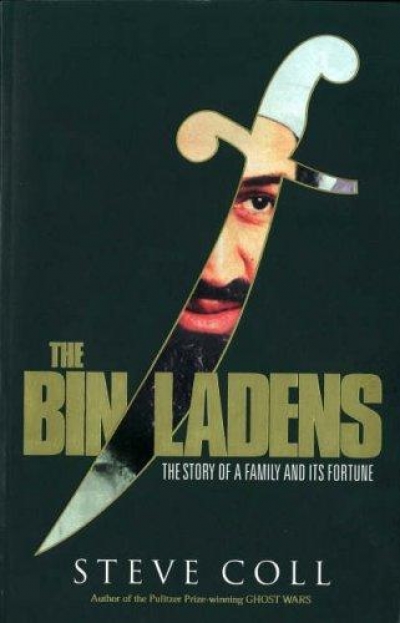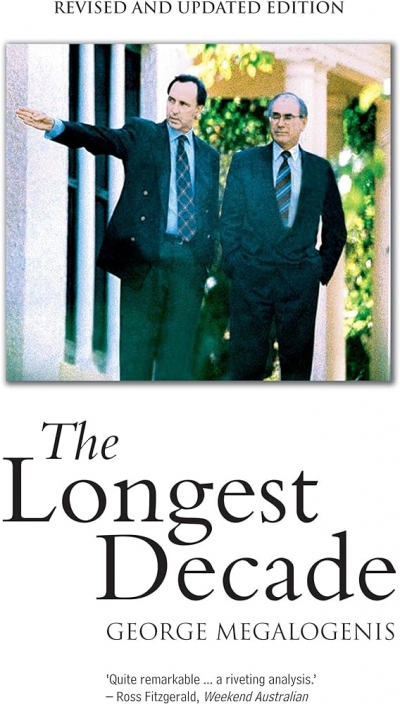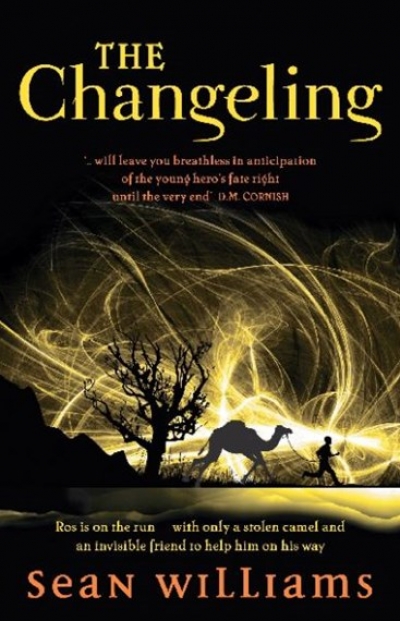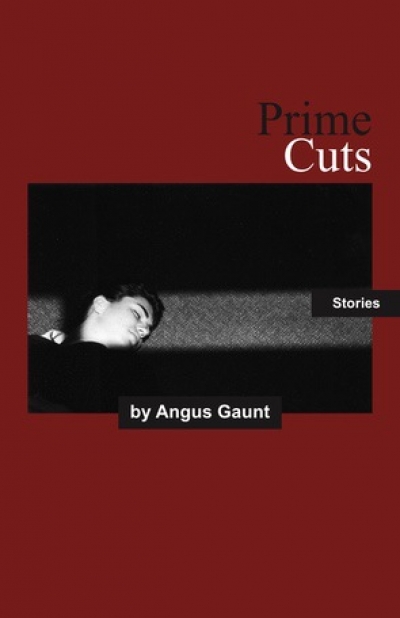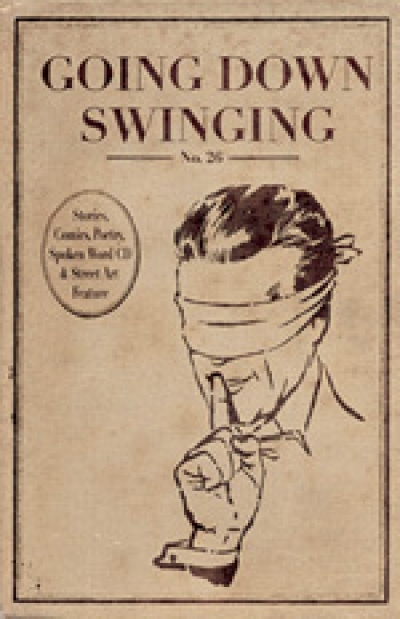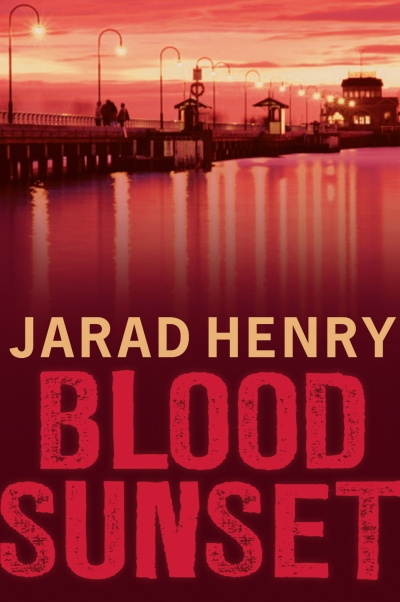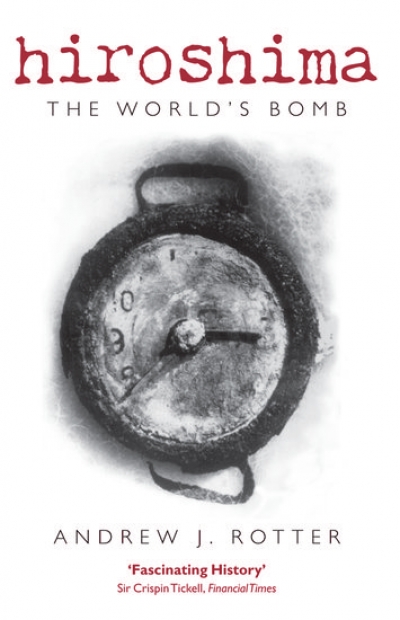Archive
The Bin Ladens: The story of a family and its fortune by Steve Coll
by Peter Rodgers •
The train to Leura early Sunday morning
and our compartment full of total strangers,
Russian-speaking hikers, boots and shorts,
and four Americans, I’d say, late sixties,
calling out the stations as they pass:
‘Melbourne was more interesting than this’,
‘The trees looked better across Portugal’,
‘I want to see a kangaroo today’.
Going Down Swinging: No. 26 edited by Steve Grimwade and Lisa Greenaway
by Andrew Burns •
And midway through the first course
of pickled fish in the restaurant
by the river that night
slid a black on black
barge
under the brilliantly lit
bridge

